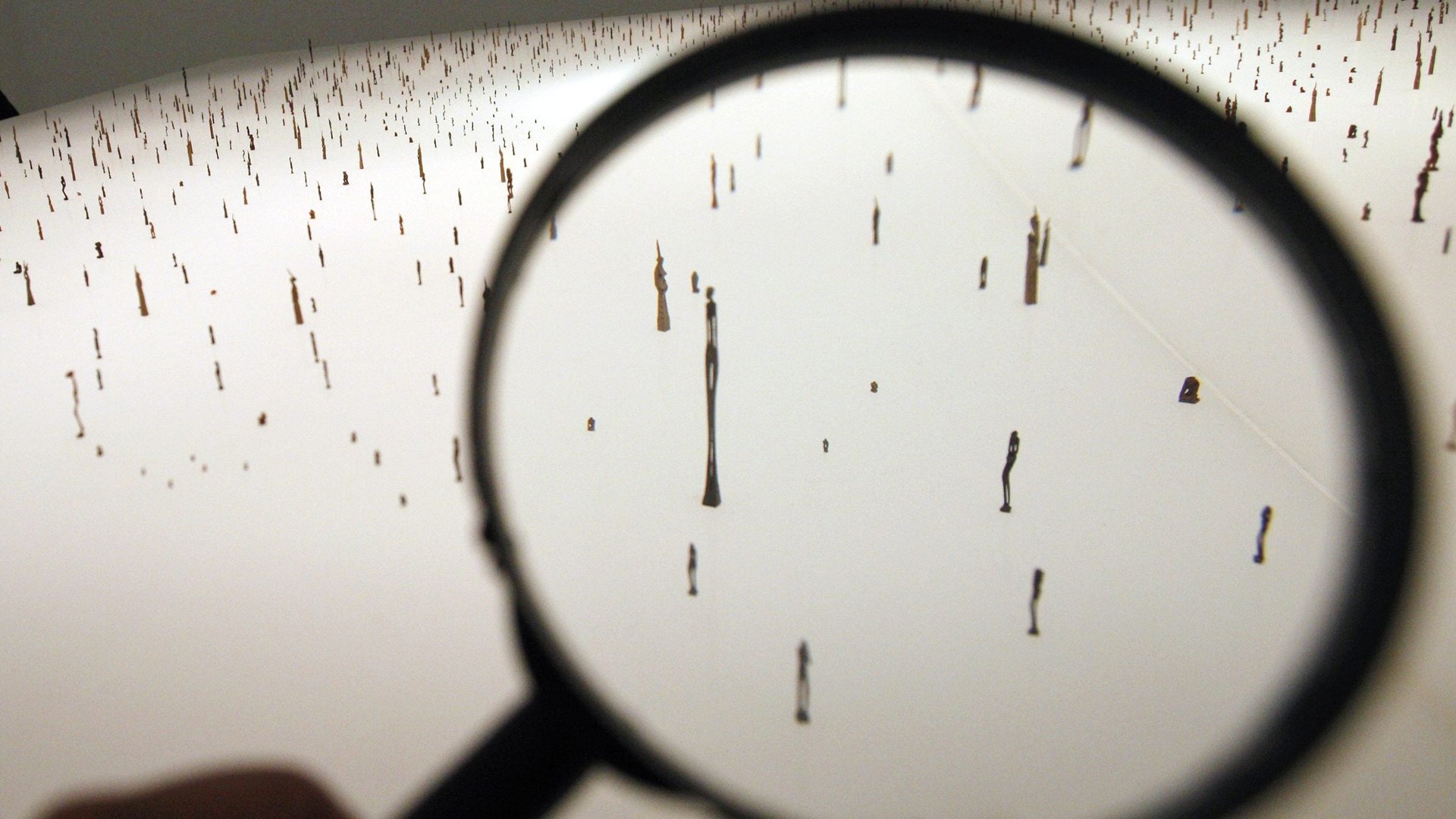How to cope with grief in the workplace
Unresolved grief accompanies loss of every kind, from the loss associated with a personal failure to an organizational loss in a merger and acquisition. Today our collective grief includes all the losses related to the pandemic that threaten the well-being of so many people.


Unresolved grief accompanies loss of every kind, from the loss associated with a personal failure to an organizational loss in a merger and acquisition. Today our collective grief includes all the losses related to the pandemic that threaten the well-being of so many people.
In my 20 years of work with the Institute for Management Development’s (IMD) High Performance Leadership program, I have seen first-hand the adverse impact of unresolved grief on nearly a third of the 7,000-plus executives I’ve worked with. The potential damage goes beyond psychological impact, to profound physical and social consequences.
Then there is the financial cost of hidden grief. In 2003, the Grief Index, a rare effort to add up the productivity and performance lost to all kinds of heartbreak and upheaval—for example, over miscarriages, the loss of a pet, the illness or death of a family member—pegged the cost at $75 billion a year for US companies alone.
The challenge to turn loss into inspiration is an enormous one for leaders. In addition to being something they need to help their teams process, hidden grief is often present in the leaders themselves.
I recommend a three-step process to anyone looking to resolve hidden grief.
1. Become aware of hidden grief and the problems it creates
The first step is to recognize the grief, yet our subconscious minds may try to block the pain by limiting awareness. That’s why many executives I’ve worked with are seldom able to connect the dots between their past trauma and their present leadership behavior.
A recent study of former Lehman Brothers bankers found that after the company’s collapse in 2008, many employees experienced all of the typical feelings associated with grief.
“I felt I lost one of my beloved . . . even though it might sound dramatic, still, when I think about those days, I feel I was in a sort of funeral,” said one employee, who hadn’t suffered the death of a loved one, but rather the death of his sense of belonging and control, both central aspects of his identity.
With awareness comes an ability to open up emotionally, allowing us to bond with other people again—a critical leadership skill. As our focus shifts outward, our internal dialogue shifts from defensive to positive. This brings calm, clarity, gratitude, and even playfulness.
2. Accept the reality of grief and the pain of the loss
Denial is powerful. Coming to terms with what we’ve lost can mean reliving painful emotions that we’ve repressed. I’ve been surprised again and again to see how otherwise rational human beings persist in irrational denial.
Leaders may resist expressing emotions they fear undermine their credibility. Yet the opposite is true: Leaders who demonstrate vulnerability create more trust, thus performing better and building more loyal, engaged teams.
Accepting and acknowledging reality helps us move out of the fog of grief, and allows us to look at it as a problem to be solved. Leaders who have resolved their grief can focus again on vision, goal setting, and courage, inspiring others to follow.
3. Take action to let go of the loss and find meaning from it
Acceptance alone doesn’t end our grieving. To truly move on, we must find meaning in our loss. When we suffer a deep loss, we don’t just lose a person, a thing, a job; we also lose a set of deeply cherished dreams and visions. Detaching ourselves from these dreams is a mental and emotional choice.
Bruce Ecker’s work in brain neuroplasticity describes how reconstruction of memory happens when you rewire the brain’s memory of a loss, turning a memory from painful loss to meaningful inspiration.
One executive I worked with had spent years suffering from guilt over the tragic death of his daughter, which silently impacted his professional behavior and career trajectory. By following this rewiring process, he discovered a new sense of individual purpose by volunteering with other children. This helped heal his painful memories—and his state of well-being as well as his leadership behavior changed dramatically.
Unresolved grief can derail leaders and organizations during the best of times. And these are not the best of times.
But there is life after grief. We only need to follow the steps to overcome it.
Professor Kohlrieser will join a panel of mental health experts in a Quartz at Work (from home) workshop on Oct. 29, at 11am US eastern time, on how to manage mental health at every level of your organization. The live, one-hour event is free and open to all; a video replay will be made available to Quartz members. Register for the live event here.